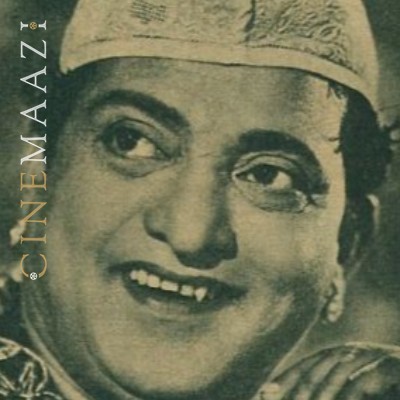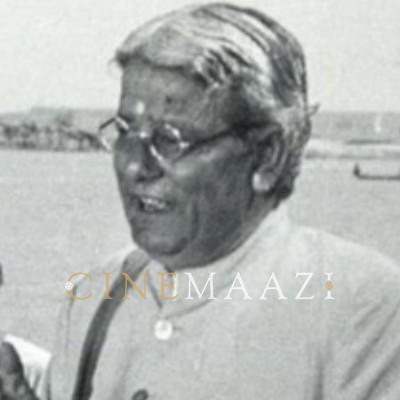Shamrao Kamble
Subscribe to read full article
This section is for paid subscribers only. Our subscription is only $37/- for one full year.
You get unlimited access to all paid section and features on the website with this subscription.
Not ready for a full subscription?
You can access this article for $2 , and have it saved to your account for one year.
- Died: 17 October, 2008 (Dombivli, Bombay)
- Primary Cinema: Hindi
Shamrao Kamble was one of the most revered and skilled music arrangers to work in Hindi cinema working closely with music composers of the 1960’s-70s such as Laxmikant-Pyarelal, Roshan, Sudhir Phadke and Jaidev.
Kamble conducted the melody section for Laxmikant-Pyarelal’s compositions, a collaboration which continued till the end of their careers. Pyarelal once reported a conversation where he asked Kamble out of curiosity about becoming a music composer, as he was highly impressed after listening to some of his bhajan compositions. However, Kamble was interested only in music arrangement. The duo and Kamble were senior partners at Shyam Kamble & Party, an association of musicians that performed in Ganeshotsav programmes.
There were a few instances of Kamble composing in his career, as in the case of the English film Birbal My Brother (1973), where he collaborated with esteemed violinst Prabhakar Jog under the alias of Shyam Prabhakar. Apart from this, he composed several bhajans.
He was known for his attentive ears as a music arranger. A multi-instrumentalist, he could play the harmonium, but his forte was playing the organ and vibraphone. Kamble is credited for playing the harmonium in the song Baai mi wikat ghetala sham and Thakale re nandalala in the Marathi movie Jagachya Pathivar (1960), Jaane kahan gayi in Dil Apna Aur Preet Parai (1960) and the organ in Satyam Shivam Sundaram’s Yashomati maiya se bole nandalal. His other noteworthy films are Mujhe Jeene Do (1963), Reshma Aur Shera (1971), Prem Parbat (1973), Kunwara Baap (1974), and Julie (1975). In non-film music, he worked in the popular Marathi album Ritu Hirwa.
Shamrao Kamble started his career as a notion writer for Deenanath Mangeshkar’s natya sangeet like Chandrika hi janu, and Vilopale madhu meelanat ya. But his astounding knowledge of music earned him a lot of respect in the community. Kamble would often suggest alterations to maestros such as sitar player Rais Khan, flautist Hariprasad Chaurasia and santoor player Shivkumar Sharma during recording sessions.
He added a layer of sophistication to Roshan, Jaidev or Sudhir Phadke’s compositions by setting the mood of the song with the interludes between the stanzas. Kamble was popularly acknowledged for giving a modern spin to Jaidev’s complicated tunes by using orchestras, string and other western idioms. When Roshan passed away leaving behind his incomplete work on the music of Anokhi Raat (1968), Kamble finished the project.
A guide to many in the hindi film music industry, Kamble passed away on 17 October, 2008 in Dombivli, Bombay after suffering a brain stroke.
References
Courtesy: Bollywooddirect.tumblr.com











.jpg)



